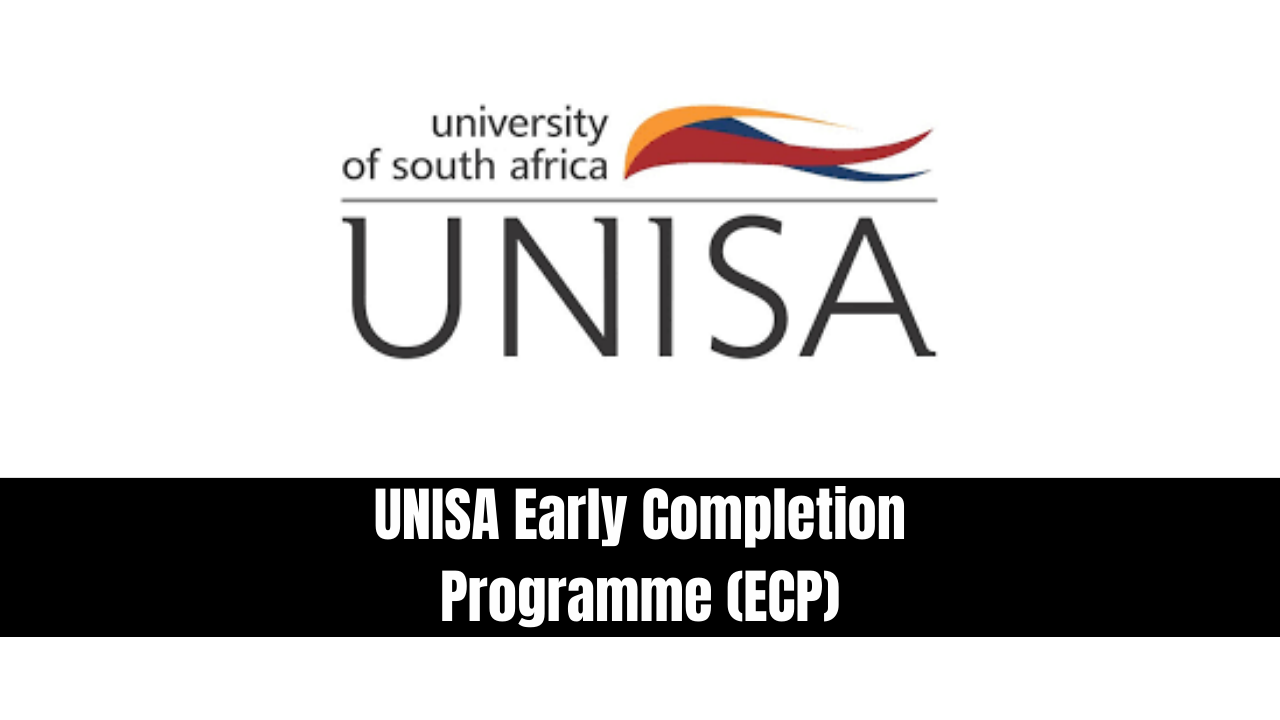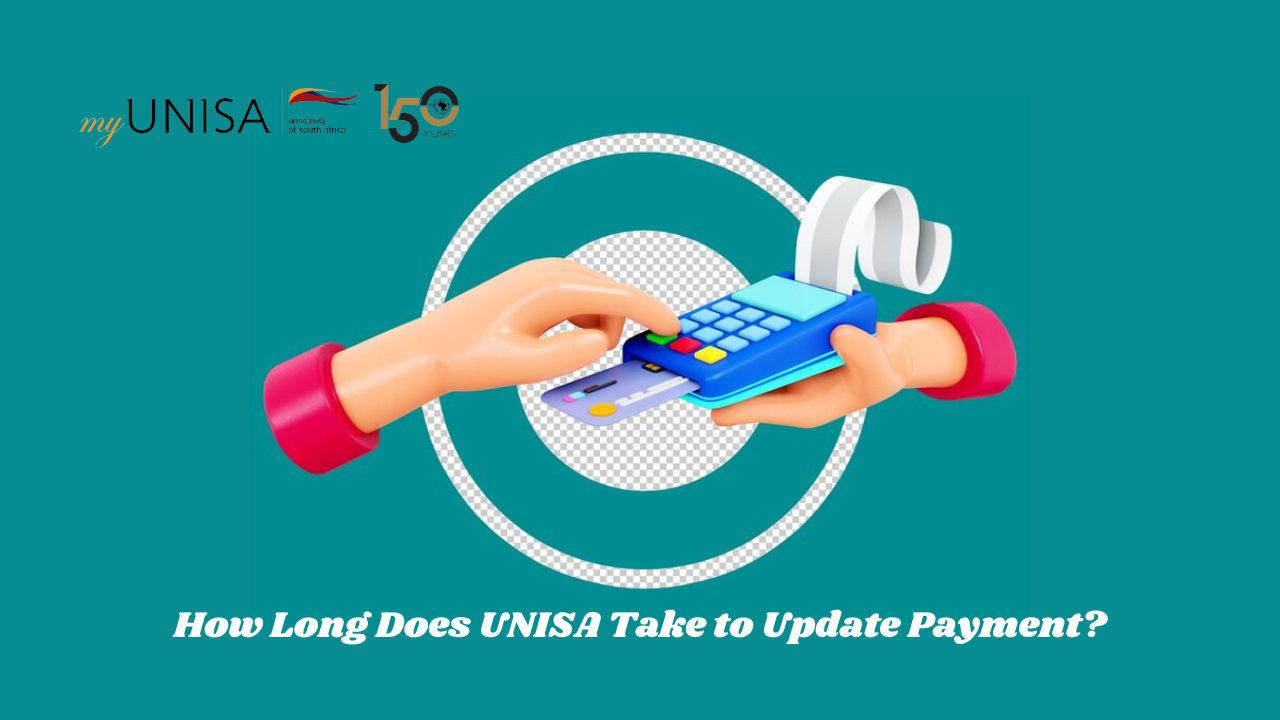BSC Informatics UNISA. The Bachelor of Science in Informatics at the University of South Africa (UNISA) offers students a robust education in Information Systems. This qualification prepares graduates to excel in various tech roles, contributing significantly to the economy and society. Here’s everything you need to know about the BSc Informatics program at UNISA.
BSC Informatics UNISA Requirements
Students registering for the BSc Informatics must meet the following criteria:
- Daily Access to a Computer and Internet: Students must have reliable access to a computer with a stable internet connection for teaching and learning purposes.
- Computer Literacy: Students should have passed Computer Application Technology or Information Technology with a rating of 4 (new National Senior Certificate), or Computer Studies (old Senior Certificate). Alternatively, an Industry Standard qualification such as the ICDL in Computer Literacy is acceptable. Students who do not meet this requirement are advised to complete EUP1501 before registering for the qualification.
- First-Year Experience MOOC: Completion of the Unisa First-Year Experience MOOC is mandatory.
- Module Update: FAC1601 has been replaced with FAC1602. Students who have passed FAC1601 are exempt from FAC1602.
BSC Informatics Registration Process
- New Applicants and Unisa Students: Registration is open to applicants who have received and accepted an offer of placement from Unisa. Unisa reserves the right to cancel registration if a student was incorrectly admitted.
- Re-registering Students: Students can register for the 2024 academic year once the registration period opens.
Note: If you wish to start a new qualification, apply online for the alternative qualification during the prescribed application period.
Purpose Statement
The BSc Informatics program aims to develop graduates who:
- Possess a systematic and coherent body of knowledge.
- Understand underlying concepts and principles of Information Systems and can apply them in the workplace.
- Can access and evaluate scientific information.
- Exhibit high cognitive and generic skills, including problem-solving, written and spoken communication.
- Apply knowledge through basic research methods and practice.
- Develop specific skills and applied competence for personal intellectual growth, economic activity, and societal contributions in science and technology.
Key competencies include programming, system analysis and design, database design and implementation, interaction design, and project management. Graduates are expected to be professional and ethical, proficient in innovative scholarly activities, and capable of integrating knowledge and skills for societal benefit.
Delivery Mode
This qualification is presented using both online and distance learning modes, providing flexibility for students.
Choosing Your Modules
Each qualification at Unisa is structured with specific NQF level credits required to graduate. Here are the key points:
- Co-requisite Modules: If Module A is a co-requisite for Module B, you must register for both simultaneously. You cannot cancel Module A without also canceling Module B.
- Pre-requisite Modules: If Module A is a pre-requisite for Module B, you must pass Module A before registering for Module B.
- Credit Limits: You may not register for more than 60 credits per semester or 120 credits per academic year. This limit does not include supplementary or aegrotat exams from a previous semester. Non-degree/diploma modules also count towards the credit limit.
Time Management
- Allocate approximately 6 to 8 hours per week for semester modules.
- Allocate approximately 4 to 6 hours per week for year modules.
Conclusion
The BSc Informatics program at UNISA is designed to equip students with the knowledge and skills necessary to thrive in the field of Information Systems. With a blend of online and distance learning, flexible module choices, and a focus on practical application, graduates are well-prepared to make significant contributions to the tech industry and society.






